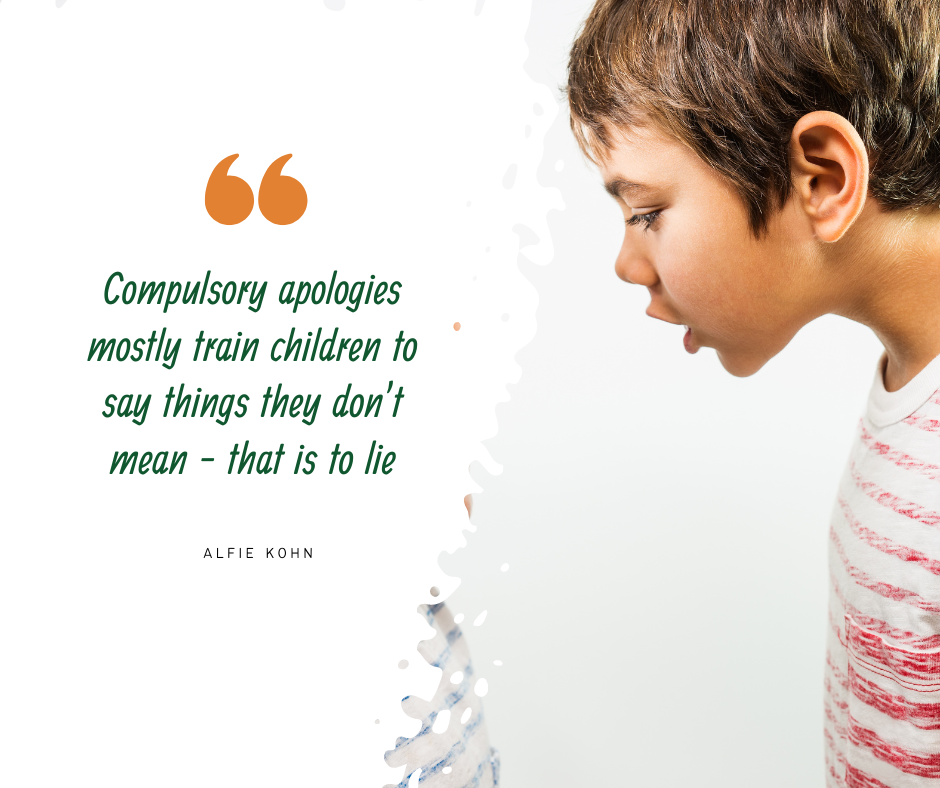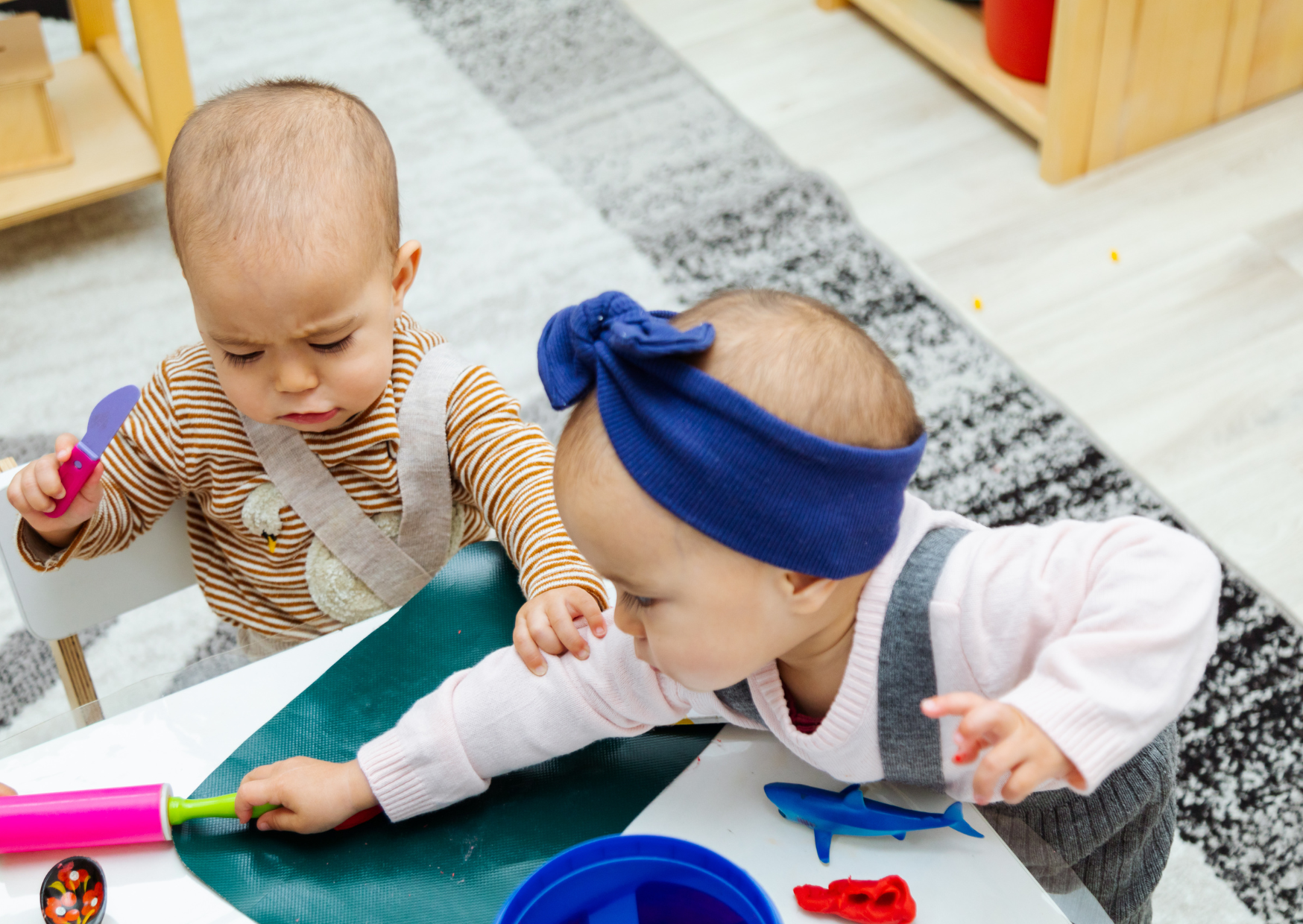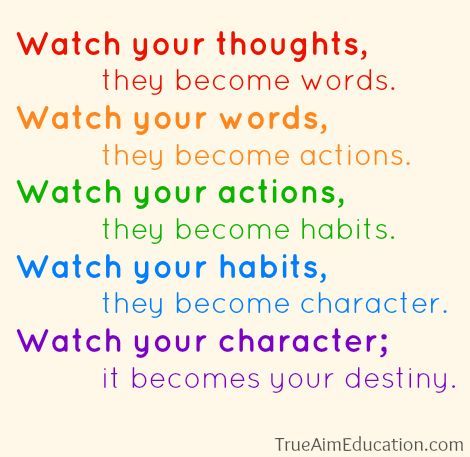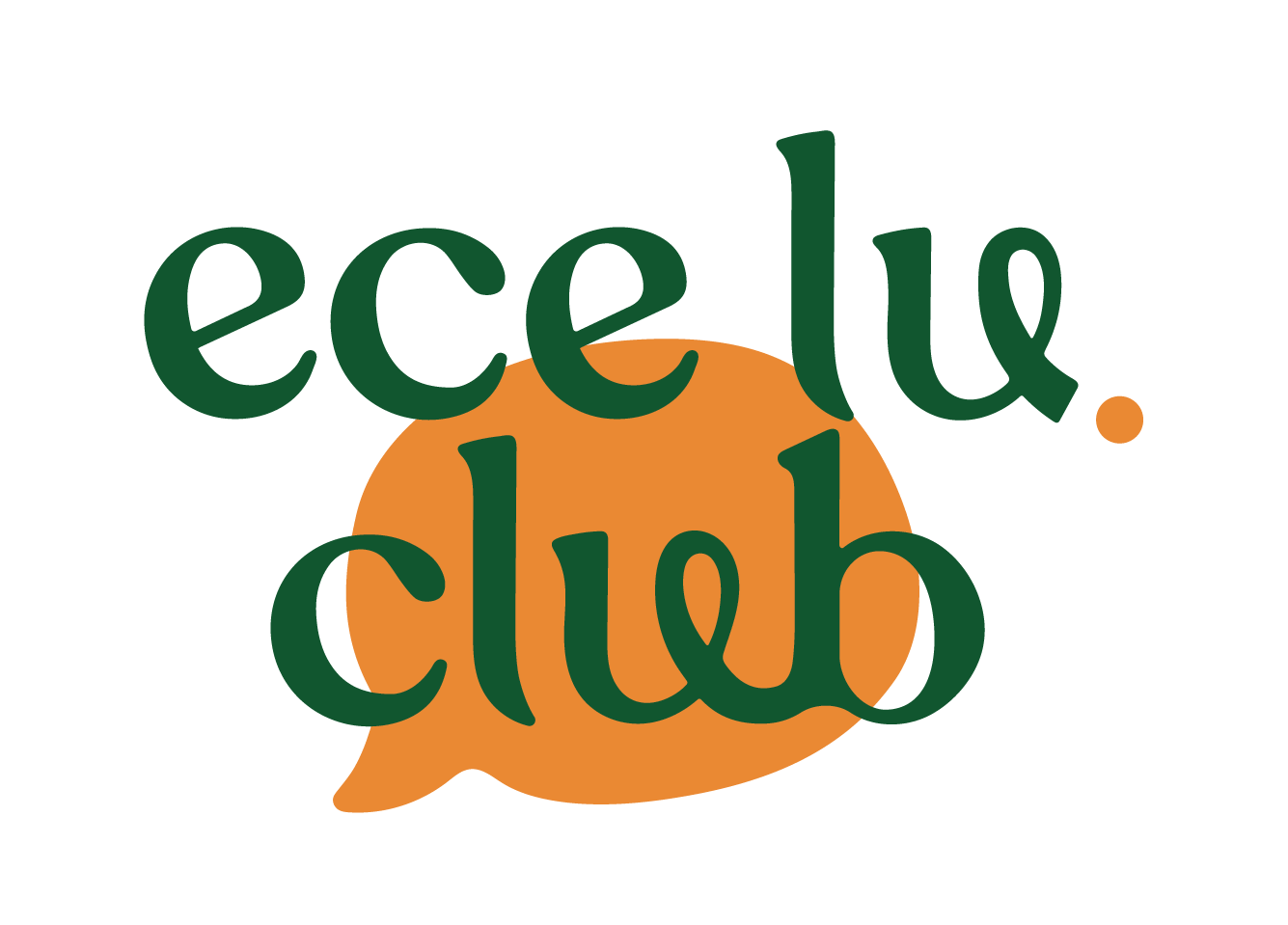
Do children have the cognitive understanding to say sorry?
Of course they do, but as they mature, children learn the meaning and sincerity behind saying sorry, depending on their emotional and cognitive development stage.
Of course they do, but as they mature, children learn the meaning and sincerity behind saying sorry, depending on their emotional and cognitive development stage.
For example, a toddler will acquire empathy through imitation; they'll start to say sorry without even realising what it means. Preschool age children begin to understand the morality and social norms and often their apologies are accompanied by social pressures to 'say sorry'. Whereas, school-age children are able to apologise with genuine sincerity because they possess a stronger awareness of emotions, empathy, and moral reasoning.
The difference between forced apologies and genuine apologies in young children
primarily lies in the child's understanding, intention, and emotional engagement with the apology. Forced apologies are complacent without understanding, and often come from an adult’s directive. The child may not understand why their action was wrong or the impact it had on another person, which brings a lack of sincerity since the apology is coerced. They are simply saying sorry because they were told to, not because they feel remorse. When there is a forced apology there is actually a missed opportunity for learning. The situation could've been changed to talk to the child about empathy, understanding others feelings, and the reasons why we make amends.

Genuine apologies are voluntary and come from a child’s own recognition of their mistake and understanding of its impact on another person. This often involves a level of empathy and emotional development. When a child reaches a stage where they offer a genuine apology, it can be a sign of their emotional and social development. It shows they are learning to take responsibility for their actions and understand the importance of repairing relationships.
Pressuring children to apologise might weaken their sense of agency by making them feel helpless and downplaying the significance of their own emotions and willingness to make amends. Furthermore, it prevents children from organically growing empathy and understanding on their terms, which impedes emotional development.
There are various ways that educators can support children to develop empathy and
accountability, such as modeling behaviours, guided discussions, problem solving skills, and supporting them to recognise the meaning behind emotions. Respecting children's autonomy is essential to helping them grow into self-aware, self-assured adults because it affirms their views and feelings, which is vital for relationships to be based on trust and self-esteem.
Pressuring children to apologise might weaken their sense of agency by making them feel helpless and downplaying the significance of their own emotions and willingness to make amends. Furthermore, it prevents children from organically growing empathy and understanding on their terms, which impedes emotional development.
Rather, teaching children the value of saying sorry and letting them do it when it's convenient for them helps them develop their ability to make decisions, and recognise the repercussions of their actions.

Fostering genuine empathy and accountability in young children is a journey that requires patience, understanding and respect for their developmental stages. While forced apologies may seem like a quick fix, they often miss the opportunity for true learning and emotional growth. Instead, creating environments that nurture children's emotional intelligence, guide their understanding of empathy and encourage voluntary apologies can lay the foundation for meaningful relationships and responsible behaviour in the future.
As the influential Lev Vygotsky once said, "Through others we become ourselves."
This quote highlights the importance of social interactions and guidance in shaping children's understanding of themselves and their relationships with others. By providing meaningful support and guidance, educators and caregivers can empower children to navigate their emotions, understand the impact of their actions and genuinely apologise when needed, setting them on a path towards emotional maturity and healthy relationships.


written by
Jessica Thomson
Early Childhood Teacher

